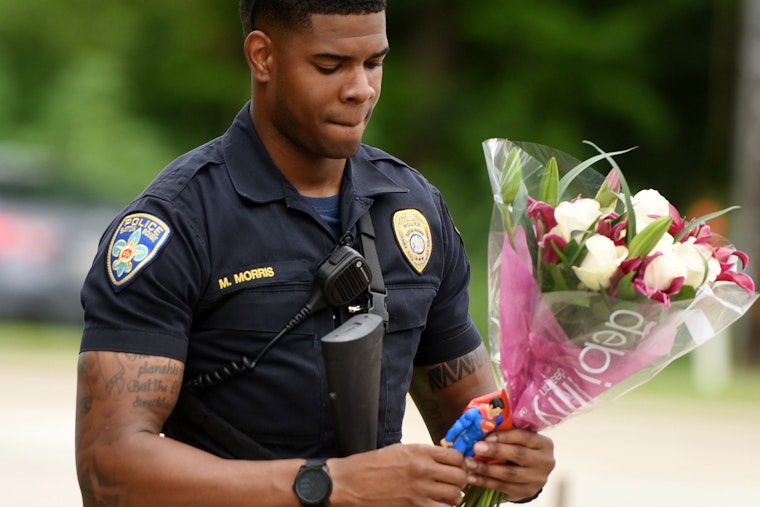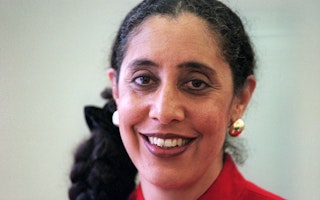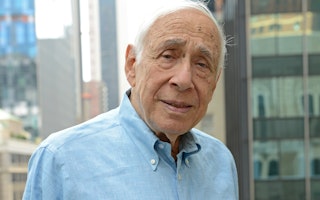The Need for Action on Policing and Racial Justice after Baton Rouge
By Chris Stone

At this moment of grief, fear, and frustration in the United States, the Open Society Foundations stand committed to solidarity and justice. The killings of Alton Sterling in Baton Rouge, Philando Castile in Minnesota, and five police officers in Dallas in the last two weeks had already plunged the country back into a tense debate about racism and police use of force. The killing of three officers in Baton Rouge on Sunday has raised the stakes for everyone. There is danger everywhere, even as we are in mourning, and no one can stay above the fray.
In moments like these, it is difficult to see a path forward or even to find words to convey the turmoil of thoughts. But at least three things seem clear:
First, peaceful protests are the opposite of violence, not the cause of violence. In earlier years, indeed for decades past, police shootings like those of Alton Sterling and Philando Castile might well have sparked riots, but instead we’ve seen a deluge of social media and lots of peaceful protest. The Dallas and Baton Rouge shootings were each an aberrant response of a single individual targeting white police officers. We must help everyone understand that the protests are the opposite of the violence. It is imperative that no one blame peaceful protesters for violence.
Second, in this atmosphere it is even easier for routine encounters between police officers and people of color to go bad. There are literally thousands of those encounters every day across the United States, and we need to do everything possible to keep every encounter safe and respectful. Protesters and police will be especially on edge, and all need reassurance that these individual incidents are isolated and aberrational. We need shows of solidarity across these lines, even as the peaceful protests and professional police work continue.
Third, this is everybody’s issue. All of the United States is affected today by the racially polarized rhetoric and violent reactions that jeopardize the lives of activists, police officers, and everyone of color.
There will not be any one answer to close the longstanding divide between black America and American policing. The hostility and distrust is still today the legacy of slavery, the legacies of Jim Crow, of lynching, of the repression of the civil rights and black power movements, the legacy of the war on drugs. But today the resulting biases have metastasized, spreading throughout American society. At the very least, we must stop this cancer spreading.
To do that, we need to engage everyone, including those in law enforcement. American police officers are not a monolith, and while all are feeling the pain of the Dallas and Baton Rouge shootings, many are also determined to reduce the violence in American policing, end the racial disparities, and build mutual trust.
The Open Society Foundations today are investing in a three-part strategy: supporting local activists, supporting reformers within law enforcement, and building a new institution to bridge national resources and expertise with local energy and commitment. We are making an immediate investment to help provide rapid response funding to cities experiencing protests in the face of incidents of police violence, to create a fund to assist protesters arrested for participating in peaceful civil disobedience, and to provide support for local police accountability campaigns. And we continue to look for other ways to support and partner with those seeking solutions. We know that the road to real reform will be long and treacherous, and that there are sure to be further tragedies along the way. But we will do all we can.
Until December 2017, Chris Stone was president of the Open Society Foundations.

